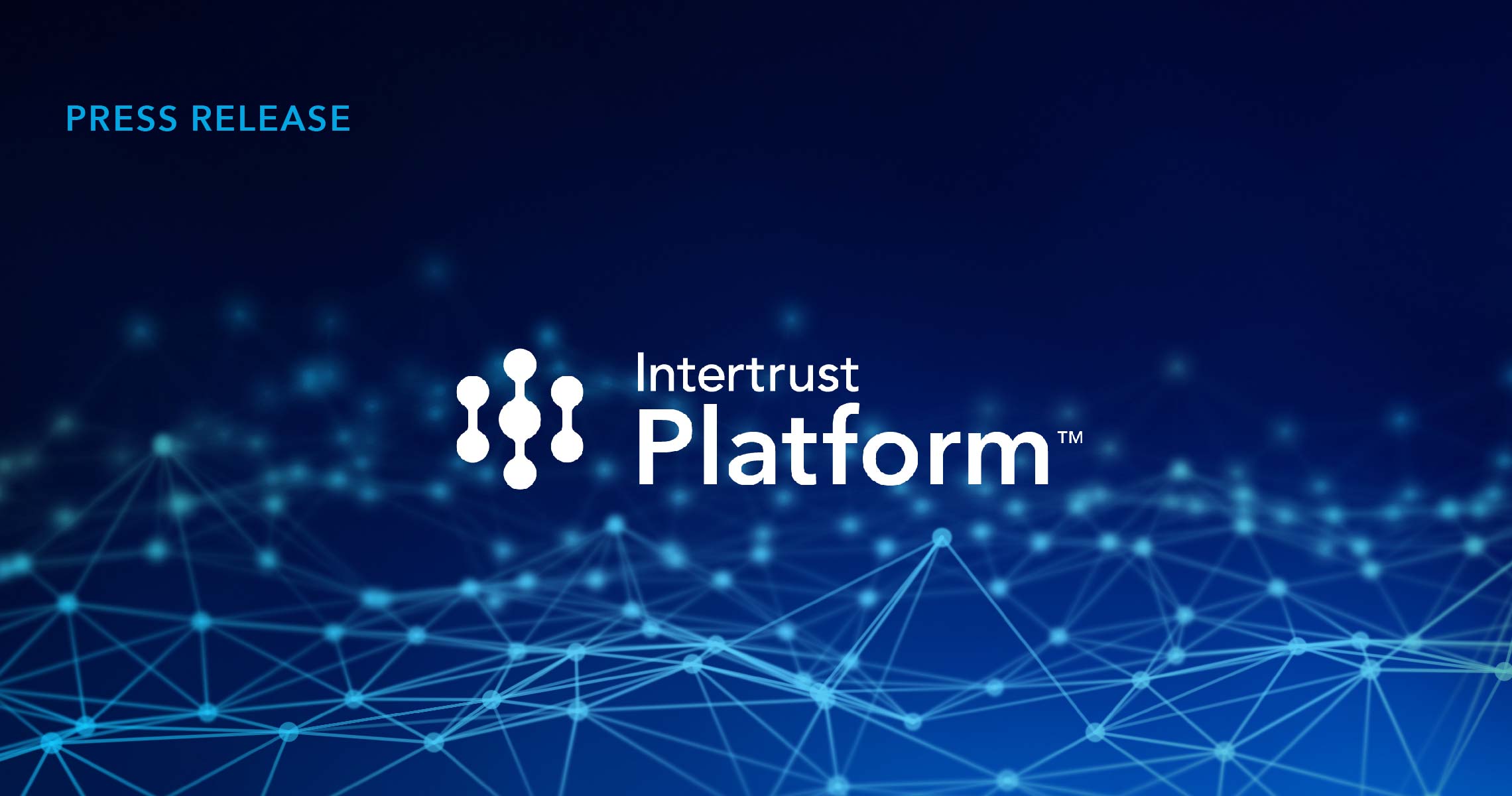
Research Partnership Between Intertrust and Tsinghua University Shenzhen International Graduate School Aims to Develop Cross-border Carbon Reporting Systems, Laying a Technical Foundation for International Collaboration on Climate Change
SAN FRANCISCO and SHENZHEN—November 16, 2021—Shenzhen International Graduate School (SIGS) of Tsinghua University, China’s leading technology university, and Intertrust Technologies Corporation, the world’s leading trusted distributed computing and rights management provider, today announced a joint research agreement to develop interoperable, cross-border carbon reporting systems. Working with data and platforms between China and the U.S., this research will streamline and legitimize cross-border emissions reporting and carbon trading, which has been stymied by a lack of trust between different international organizations. If successful, the project will provide methods to securely interconnect locally developed carbon reporting systems effectively creating a virtual global carbon reporting platform. The approach allows participants to maintain full control of their systems while providing the world with a consistent and reliable view of progress towards meeting decarbonization goals. The partnership will establish international technical collaboration on climate change, in line with the goals expressed in the cooperation agreement between China and the United States that was recently announced at COP26 in Glasgow.
The joint project will develop technical methods to enable regionally developed emissions data systems to work together, even if they run on different platforms. The teams will investigate new mutual authentication technologies, data formats, and compliance robustness rules for interoperating systems. The teams will work with reference platforms developed separately by scientists SIGS Professor, Xingjun Wang, and Intertrust Chief Technology Officer, Dr. David P. Maher, and demonstrate how to take unified action using disparate, secure computing platforms built under different technology regimes. Intertrust has already demonstrated these capabilities with its multi-party, trusted data interoperability platform, Intertrust Platform™.
The Intertrust and Shenzhen International Graduate School of Tsinghua University researchers will also develop solutions to enable compliance with regional data governance laws and regulations, from privacy and enterprise confidentiality to system security policies. This will address any legal or regulatory bottlenecks that may arise in international carbon reporting and trading efforts.
This year’s COP26 finally established formal rules for an international carbon market, after six years of negotiating around Article 6 of the Paris Climate Agreement. The Glasgow climate deal effectively paves the way for cross-border cooperation on climate change through a centralized system for carbon reporting and a separate bilateral system that enables countries to trade credits that represent emissions reductions. These rules for an international carbon market aim to slash global emissions, provide funds for poor countries, and boost investment in clean energy technologies internationally. Accurate and authenticated emissions data is absolutely crucial to the effective functioning of this international carbon market. Moreover, to prevent the double-counting of emissions cuts, regional carbon data and reporting systems should be able to interoperate effectively. Without accurate and authenticated data, carbon accounting and carbon markets risk being riddled with misrepresentation and distortion.
The joint project will address the technical foundations of this international carbon market by developing cross-border carbon data systems. Mutually consistent data governance and authentication mechanisms across platforms, and compliance rules for interoperating systems will greatly support the integrity and effectiveness of Article 6.
About Intertrust
Intertrust provides trusted computing products and services to leading global corporations–from mobile, consumer electronics and IoT manufacturers, to service providers and enterprise software platform companies. These products include the world’s leading digital rights management (DRM) and technologies to enable private data exchanges for various verticals, including energy, entertainment, automotive, fintech, and IoT. Founded in 1990, Intertrust is headquartered in Silicon Valley with regional offices in London, Tokyo, Mumbai, Bangalore, Beijing, Seoul, and Tallinn. The company has a legacy of invention, and its fundamental contributions in the areas of computer security and digital trust are globally recognized. Intertrust holds hundreds of patents crucial to Internet security, trust, and privacy management components of operating systems, trusted mobile code and networked operating environments, web services, and cloud computing. Additional information is available at intertrust.com, or follow us on Twitter or LinkedIn.
About The Shenzhen International Graduate School of Tsinghua University:
The Shenzhen International Graduate School of Tsinghua University was established on the basis of the Graduate School at Shenzhen, Tsinghua University (GSST) and the Tsinghua-Berkeley Shenzhen Institute (TBSI), which was founded in 2001 and has made many positive contributions in exploring higher education reform and serving local economic and social development; the Tsinghua-Berkeley Shenzhen Institute, established in 2014, has explored useful experiences in high-level and in-depth international cooperation, which has laid a strong foundation for the creation and development of SIGS. Its mission is to reshape graduate education as well as research and development to better serve local, national, regional, and global sustainable development. Tsinghua SIGS will nurture the next generations of global leaders, tackle global challenges through international collaborations, and facilitate interdisciplinary research and industrial partnerships.
Xingjun Wang’s research group at Shenzhen International Graduate School of Tsinghua University has been working in the field of information technology including digital rights management (DRM) and blockchain for many years, with profound technical accumulation. The head of the lab, Xingjun Wang, is a doctoral supervisor and a special allowance expert of the State Council, and has undertaken a series of scientific research projects such as the National Key R&D Special Project of the Ministry of Science and Technology of China.